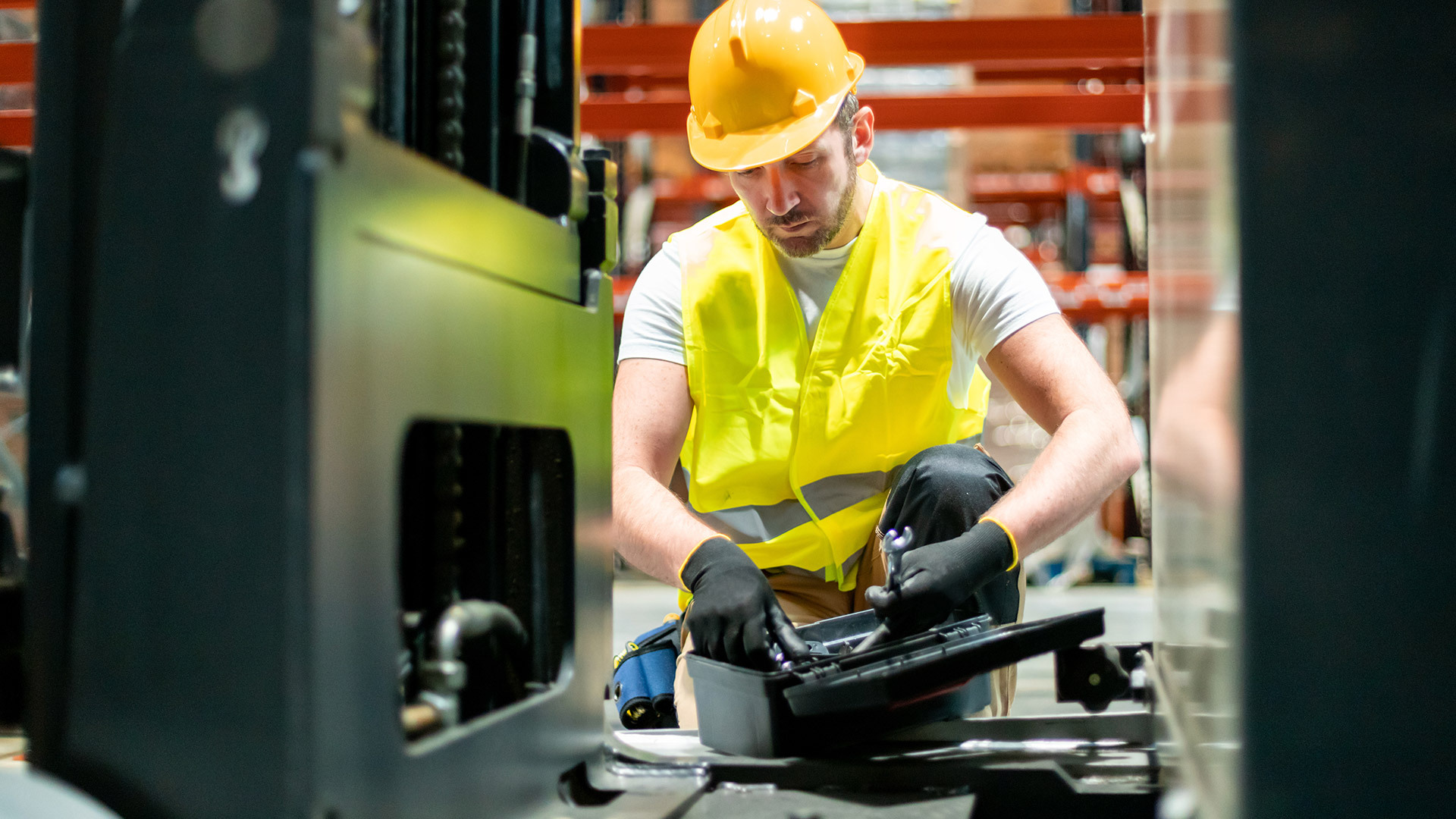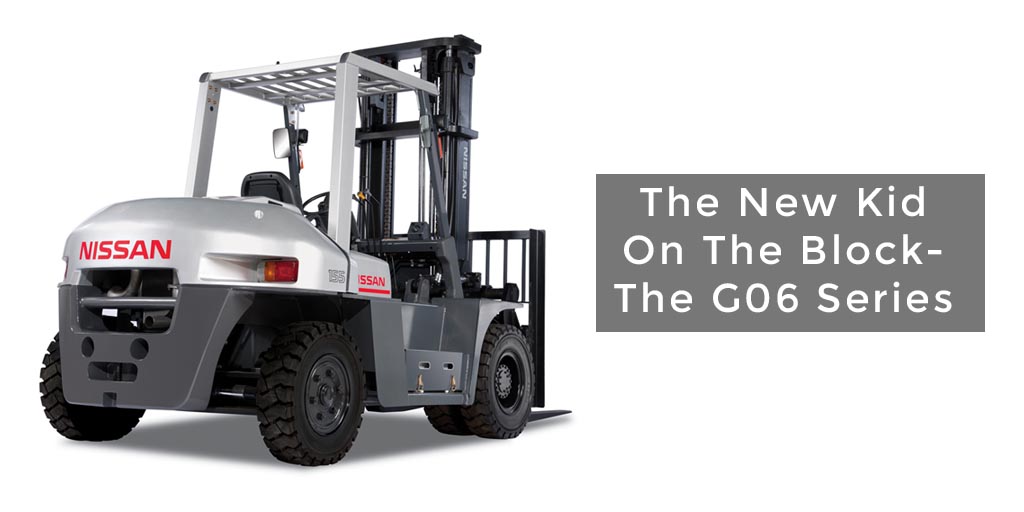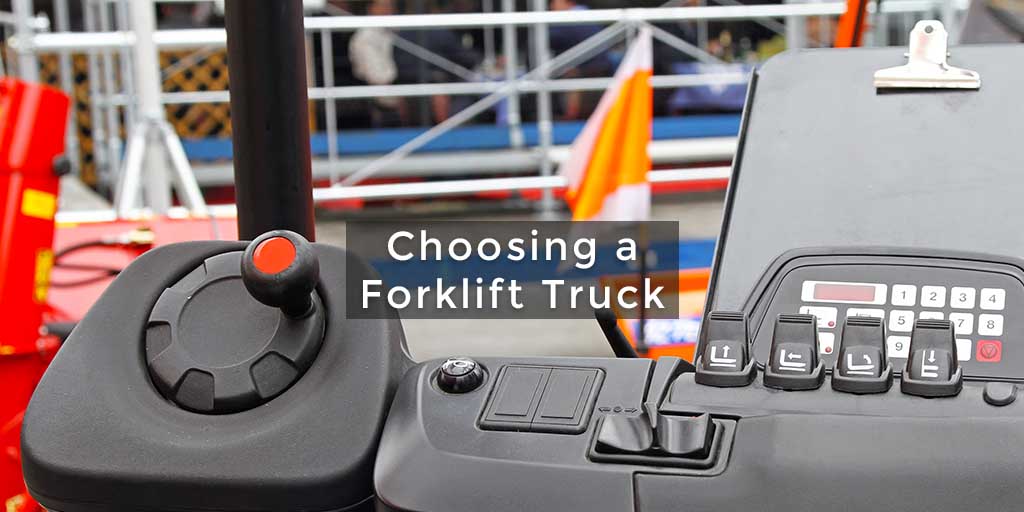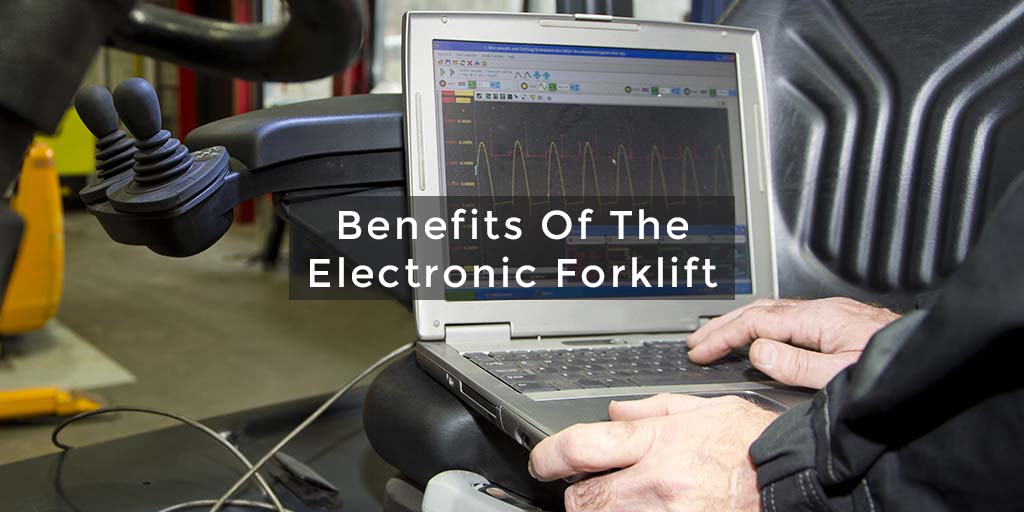
There’s nothing worse than jumping into the driver’s seat, ready to get to work, only for your forklift to refuse to start. Whether it’s making a clicking noise, turning over but not firing up or doing absolutely nothing, it can throw a real spanner in the works.
The good news? Most starting issues boil down to a few common problems. With a bit of troubleshooting, you can often get things moving again without too much hassle.
Let’s go through seven possible reasons your forklift won’t start, and what you can do about it.
Battery Problems
If your forklift is completely unresponsive or just making a clicking sound when you turn the key, the battery should be the first thing you check. A flat battery, loose connections or corrosion on the terminals can all signal trouble. Make sure the battery is fully charged, the connections are tight and there’s no rust or grime stopping it from doing its job. If it still won’t start, your battery might be past its best and need replacing.
Fuel Supply Issues
For a fuel-powered forklift, an empty or low tank is an obvious one, but old or contaminated fuel can cause just as many problems. If the forklift hasn’t been used for a while, the fuel could have degraded. This makes it harder for the engine to fire up. Blocked fuel lines or a clogged filter can also stop fuel from getting where it needs to be. Topping up with fresh fuel and checking for any blockages could do the trick.
Cold Weather Trouble
Cold temperatures can make starting a forklift harder, especially for electric and LPG models. Batteries don’t perform as well in the cold. Fuel can thicken and condensation in the fuel tank can cause engine problems. There are steps you can take such as keeping forklifts in a sheltered area. Also, let the forklift warm up before use and remember to check the fuel system. Doing so can help avoid winter starting woes.
Safety Features Getting in the Way
Forklifts come with built-in safety features to stop them from starting if certain conditions aren’t met. The emergency stop button might still be engaged, the seat sensor could be detecting no weight or the transmission might not be in neutral. It’s your job to double-check that everything is set correctly before assuming there’s a bigger issue. In some cases, the fix is as easy as pressing a button or shifting the gear into the right position.
Electrical Faults
If the battery seems fine but the forklift still won’t start, there could be an electrical issue at play. Blown fuses, damaged wiring or a faulty ignition switch can all stop power from getting where it needs to go. A quick look at the fuses and wiring might reveal the problem. However, if things look fine and it still won’t start, it may be time to call in the experts like H&F Forklifts.
Starter Motor Troubles
When you turn the key and hear the engine trying to start but nothing happens, the starter motor could be the culprit. Over time, these motors can wear out. This makes it harder for the engine to fire up. Loose or corroded connections to the starter can also cause issues. If tapping the starter motor gets things going temporarily, that’s usually a sign it needs replacing sooner rather than later.
Engine Problems
If the battery, fuel and electrics all seem fine but your forklift still won’t start, it’s time to take a look inside the engine itself. Low oil levels, clogged air filters or worn-out spark plugs can all stop an engine from firing up properly. Diesel and LPG models can also struggle if there’s an issue with the fuel injectors or regulators. Regular servicing helps keep these components in good shape. Keeping up with maintenance is key for preventing small issues from turning into expensive repairs.
A forklift that refuses to start can bring work to a grinding halt. But, in most cases, the problem is something that can be fixed quickly.
If you’re stuck and need professional help, we’re here to get your forklift back up and running. Give us a call today and let our experts take care of the problem!









